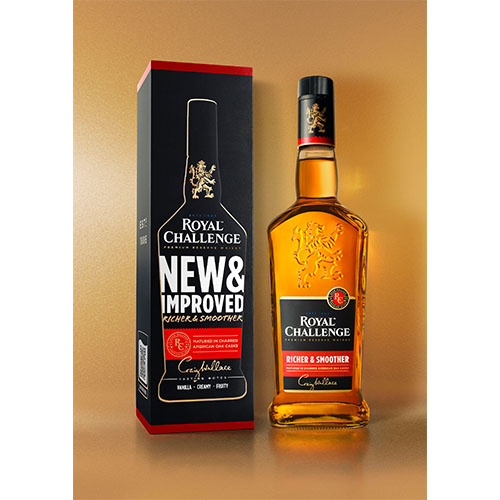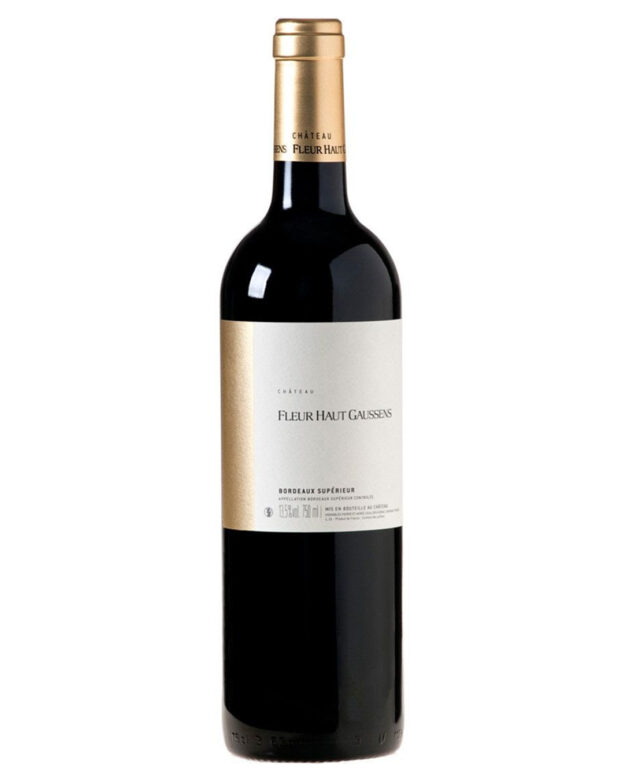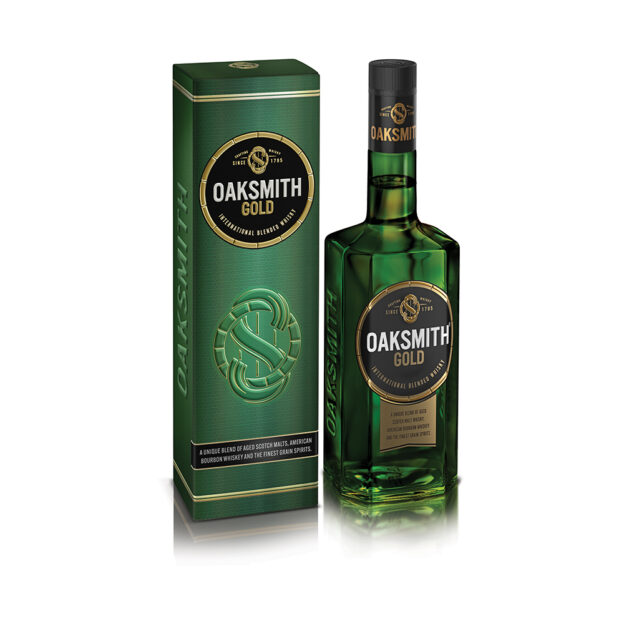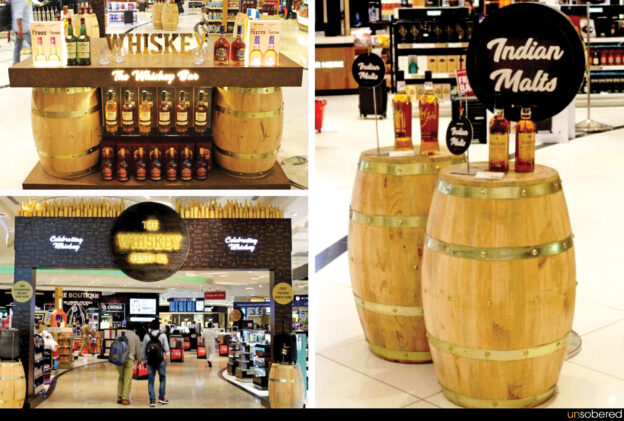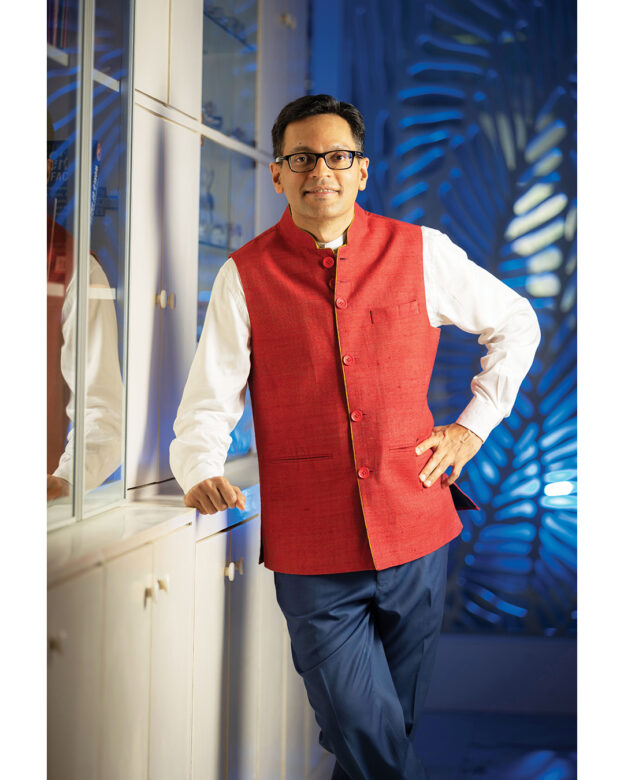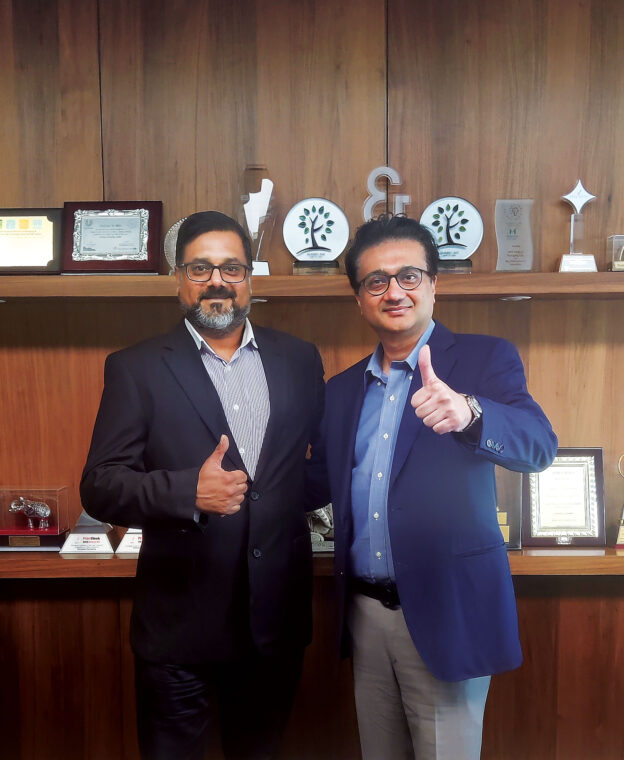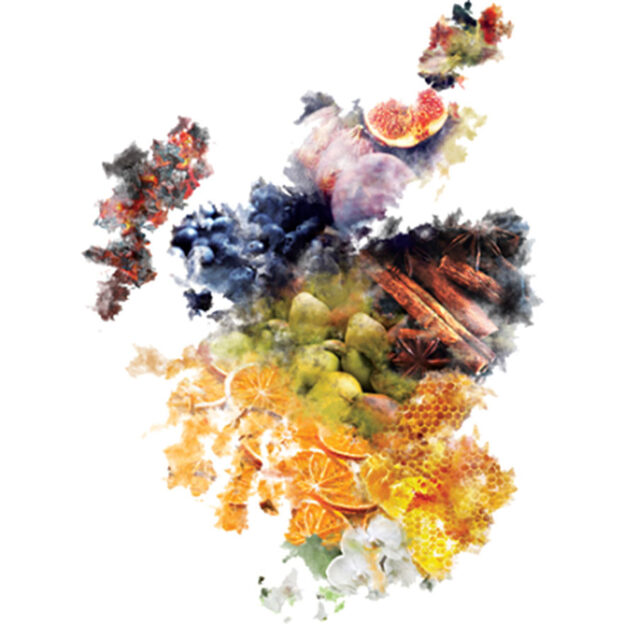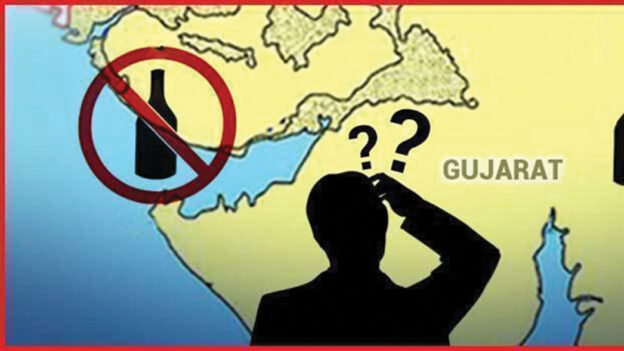Manohar Packaging, a leading player in the alcobev industry with a pan India presence has now been sold to Parksons. This gives Parksons a major presence in the alcobev industry. Aditya Patwardhan, Board Member, unveils details of the new entity and the way forward.
What is the nature of the sale of Manohar Packaging to Parksons? Can you share some details?
As widely published in leading newspapers and media, Manohar Packaging (“MPPL”) has been acquired in entirely, by Parksons Packaging Ltd., a Warburg Pincus owned company, and the industry leader in paper based packaging. Post the deal, the Board of Directors of MPPL has been reconstituted strengthening the company’s management team.
The newly constituted board includes Rameshji, Siddharth, and Chaitanya Kejriwal, from Parksons, and Hemant Mundra, from Warburg Pincus. I continue as a board member. All of us will work as a professional management team and continue to encourage an entrepreneurial mindset.
Till the time the integration is complete, MPPL will continue as a subsidiary, however all back end operations, reporting and data management will be merged and streamlined with immediate effect, to offer our clients a seamless experience with a newer and larger network of plants, with clubbed and standardised materials management. We hope to broadly convert around 300,000 tons of sustainable and renewable paperboard in the near future in toto.
What are the strategic benefits to both companies arising out of the transactions?
What this effectively means is, that our clients now have a network of eight mega plants spanning the length and breadth of India, with state-of-the-art technology, standardised inputs, systems, quality parameters, and methods of operations.
The care and detail with which we have been working with our partners and clients – be it in terms of packaging design, development, validation, to market supplies, will only improve. The combined strengths of Parksons scale, and MPPL’s domain expertise in alcobev, will be evident in the work we do going forward.
Our Design Park is unparalleled, and equipped with the best software and digital technology. The combined team of creative pre-press, technical packaging developers, coupled with production experience, will soon be deployed on new projects and will bear testimony to this.
MPPL’s plants located in Goa (West) and Punjab (North), will be part of the total network including Pantnagar (North – 2 units), Sri City (South), Daman & Chakan (West).
What I am most excited about is our increased ground presence with a state-of-the-art plant in Guwahati (North East), with which we can serve our clients in the east of India with speed and efficiency.
Will there be any changes to the way Manohar Packaging continues to work?
As in the case of most mergers & acquisitions, the aim is to grow the new entity and improve our overall ability to serve our clients. Given we’re a ‘B2B’ industry, it is extremely important to ensure we are moving in the same direction and journey as our valued partners.
The Kejriwal family and us share a common vision, the same mind set, goals, and growth plans. There was a meeting of minds, which ticked off all the boxes. The industry and our clients will be the biggest beneficiary of this deal.
Delineation and segregation between shareholding and professional management is important and we all are in it to grow as India’s most preferred supply partner for paper based packaging. Both our companies are held by Warburg Pincus and we’re glad to have them as we will continue to think like entrepreneurs, work in a professional environment, and deploy our knowledge and strength to drive more power to the company.
What is the status of the liquor packaging industry?
Currently, like the liquor industry, the supporting packaging industry is equally fragmented. There are a great number of players in the game, and we are happy to co-exist.
Clients decide whom they wish to partner with, and they have several criteria to choose from in terms of a holistic approach to supply chain, or purely price based on any given month.
We, at Parksons, run highly regulated and governed companies, with sustainability, social compliance, ESG taking high priority in the way we operate and run our facilities.
Hence we’re more focussed on long term client partners who value the need for transparency, professionalism, fair governance, and sustainable practices. We are extremely fortunate and honoured to partner with them, and I’m sure more beverage companies will value this long term approach eventually.
Alcobev is an exciting place to be, and is the gold standard for premium packaging. So likewise, most players in this field, need to be on top of their game with technology upgradation, technical knowledge, and downstream supply chain security given that commodity markets are in their most turbulent phase at the moment. This is where the long term approach wins for most.
How has the pandemic affected the company?
Here again, the fact that our organisations are well managed and governed helped a lot. Both MPPL and Parksons’ plants were up and running shortly into lockdown 1, with the highest safety protocols and were operating when our clients needed us most.
In unprecedented times, I am proud that the human ‘can do’ spirit and agility took precedence and we managed the show when many could not. I earnestly would like to thank our clients and mill partners for supporting us, so we in turn could deliver whatever was needed out of us in short notice with great agility and flexibility.
I would say, looking back, it has been the toughest learning curve for all of us, and we have come out of it stronger. I say this with certainty and hope, that the worst is truly behind us.
How can the premiumisation trend boost the industry?
Premium products are seeing higher salience and acceptance, maybe owing to increase in home consumption due to lockdowns, modernisation of retail outlets (Delhi), and clearing of red tape for home delivery / app enabled ordering of brands as an added convenience to the consumer.
The dark market woes of the alcohol industry still remain, and hence the pack is the first impression that the consumer takes home with them. Most marketeers understand this very well, and we’re beginning to see less ‘me-toos’ and more bespoke work in the recent few quarters.
With premiumisation and better margins, alcobev companies are able to experiment with new innovations, and can justify higher packaging budgets. This brings in a lot of excitement to the consumer as well as the retail shelves, leading to growth and diversification in the industry.
Improvements in the overall consumption experience that the leading premium brands offer, viz.; design cues, primary & secondary packaging upgrades, closure, to pour and palate should lead to better and wider social acceptance of responsible and repeat consumption in the near future. Premium outlets will need premium looking brands, and going by the Delhi market example, there should be tremendous headroom for growth here.
Cheers to that!

